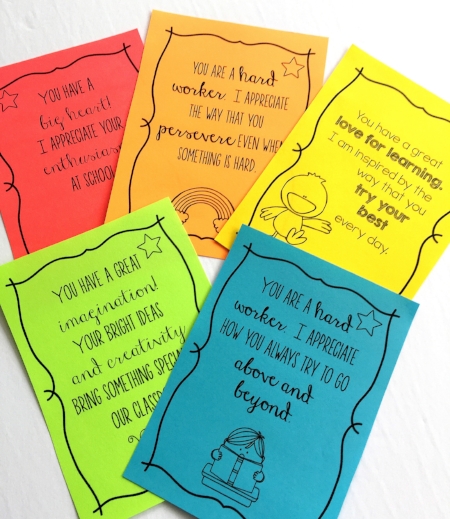Building Solid Parent and Teacher Relationships
I have literally heard it all from parents. The great, the bad, and the tear-inducing. If you’re anything like me, you’re a perfectionist and some of these things are so hard to hear. You work so hard towards creating engaging lessons, building good student-teacher relationships and organizing your time well. But there always seems to be some parents who are hard to connect with. By all means, I am not an expert on building perfect parent-teacher relationships, but I have learned some tricks over the past few years that have greatly minimized misunderstandings and hurts.
“Let me know if I can help you with anything”
“You’re not meeting my child’s needs.”
“Thanks for being a great teacher!”
“You give too much homework.”
“You don’t give enough homework.”
Tip One: Meet Parents as Soon as Possible
This is key to starting a positive relationship. I like to have quick chats with each parent after school as they are picking their children up. Usually, I’m able to connect with each parent at some point in the first week or two after school. However, sometimes parents work long shifts, or daycare comes to pick up the children, so I don’t get a chance to talk with them in person. For those parents, I will call them on the phone. During these brief conversations, I’ll introduce myself, and get to know the parents a little bit. If the conversations lead to it, I’ll even ask them about their greatest hopes for the year.
Tip Two: Stay Positive
Say as many positive things as possible. This helps parents trust that you see their kid and recognize their child’s positive attributes. It also helps when you have to have those inevitable tougher conversations. When a tough conversation comes around, the parents know that you have seen the positive things about their child too.
Tip Three: Stay in Contact
Find out how parents want to be contacted and make sure that information is getting home. Information should be sent home in a few consistent ways. Kids’ backpacks often become black abysses, where notices and information get crumpled up and lost. I’ve learned to never assume that information is getting home when I give it to a child. I will often follow up with an email or a reminder to make sure parents received the information. On the other hand, some families don’t have internet at home, so they might not be getting your super-informative emails. Thus, you might want to print off the emails to give those parents a hard copy. There is no hard and fast rule when it comes to parent-teacher communication. You’ll have to find the method that works best for you :)
Photo by William Iven on Unsplash
Tip Four: Send Information Home
How many times have you asked a child what they did during the day and they respond, “Nothing.” We all know that this isn’t true, but kids often forget what they did during the day. An easy solution to help parents out is to send home information about what you are doing during the day. This might be in emails, through an app, a notice, or whatever method works best for you. Did you do a great science experiment? Send home a picture or a quick message. Did you watch a youtube clip to introduce a new concept? Send the link home, so parents can watch it again with their child. By sending home these sneak peaks of the day to the parents, you give them a starting point for conversations with the students. These conversations make you, as the teacher, look really good.
Do you have any awesome ways to create and sustain strong parent-teacher relationships? I would love to hear your tips and tricks.




